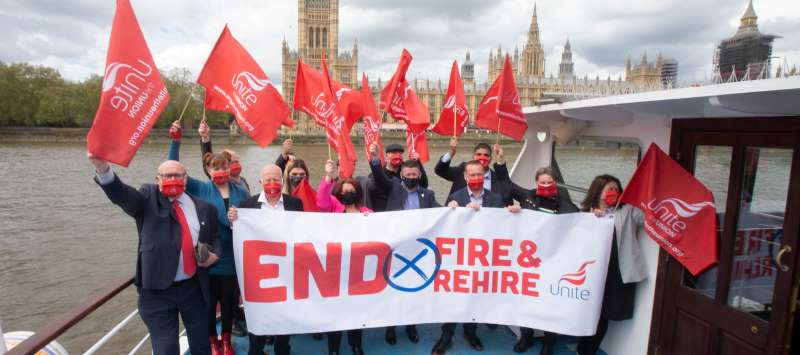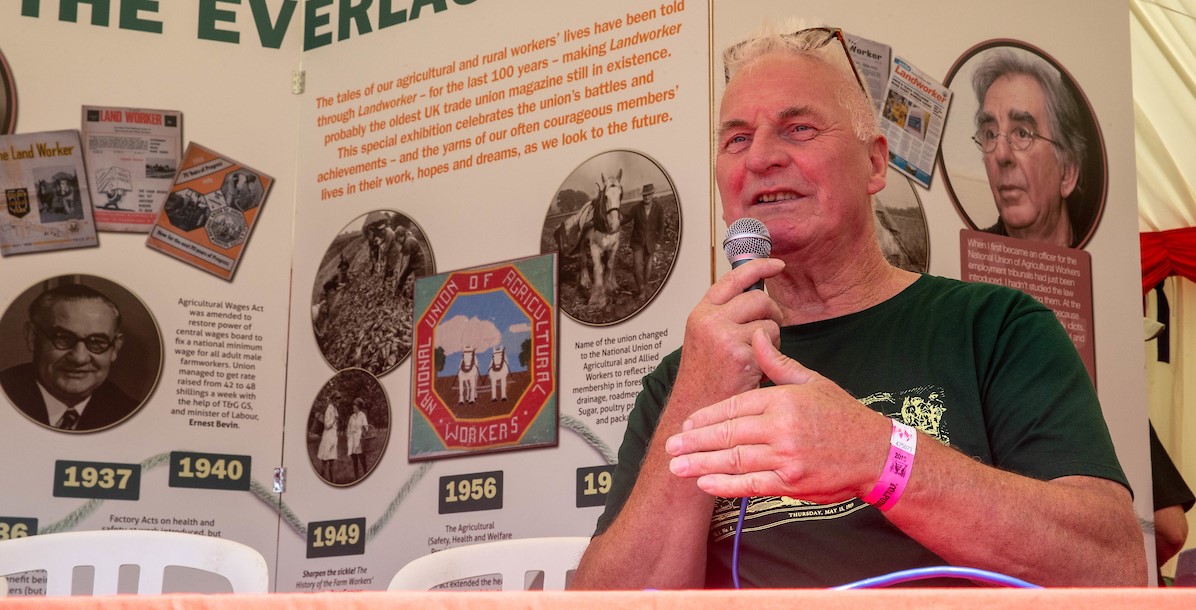Hidden horrors of gang working
Two gangmasters have agreed to pay more than ÂŁ1m to trafficked Lithuanian poultry farm workers, in the first case involving modern slavery to be brought against a British company.
The payment was agreed after the High Court found that Kent-based couple Darrell Houghton and Jacqueline Judge failed to provide their employees with adequate facilities and did not pay them the minimum wage.
The deal was struck with six workers, employed during 2012 to catch chickens on farms producing eggs for major supermarkets, after they initiated a civil case due to the authorities failing to bring criminal proceedings against the gangmasters.
The husband and wife pair, the sole directors of DJ Houghton Chicken Catching Services, are now expected to face similar claims from ten other people.
Laurynas Kelpsa is one of those who received compensation. Kelpsa said that while he was pleased the ordeal was over, he was disappointed that Houghton and Judge have not faced criminal charges.
He told the Guardian, “It has been a really hard time for me, not just physically but mentally, and for all of us victims. I am really excited that we have got justice at last.”
The group’s solicitor, Shanta Martin, said, “We are extremely pleased to have achieved this result for our clients as it will go a huge way towards helping them rebuild their lives. The large bill faced by the defendants is also a salutary lesson to others who might seek to profit from modern slavery.”
The compensation agreement – which is understood to have been made on the basis that Houghton’s has not admitted liability for threats or violence – was reached following a high court ruling earlier this year.
The court found that the couple paid below the minimum wage, made unlawful wage deductions and provided inadequate facilities for washing, resting, eating and drinking.
The court was told that as well as being housed in appalling conditions, the claimants were subjected to threats and assaults by their Lithuanian supervisors, who used fighting dogs to intimidate them. The workers were trafficked to Britain by a Lithuanian national paid by the Houghtons.
Denied human rights
The claimants said they were denied sleep and were forced to work eight-hour shifts back-to-back. They were also refused toilet breaks and had to urinate into bottles and defecate in plastic bags while on board minibuses that would take them to UK poultry farms.
The farms supplied eggs to major companies that included McDonald’s, Tesco, Asda, M&S and Sainsbury’s. The companies said they were shocked when the revelations came to light and have pledged to better ensure that supply chain standards are met.
Amongst Houghton’s regular clients was Noble Foods, which has made major donations to the Tory party and is the country’s largest supplier of supermarket eggs and the owner of Happy Eggs.
The company required Houghton’s to have GPS installed in their minivans so that they could monitor the locations of the chicken catchers, however Noble said it was ignorant of the workers’ conditions and has since instigated a review into how its supply chains are monitored.
The abuses were uncovered after a group of Houghton’s employees went to the Citizens Advice Bureau in 2012. Their bravery resulted in joint raids by the Gangmaster Licensing Authority (GLA), Kent Police and the Serious Organised Crime Agency, on properties owned by the Houghtons in order to free more than 30 men suspected of being human trafficking victims.
Unite national officer for agriculture, Julia Long, said the case showed the importance of bolstering the strength of the GLA, which was created in 2005 with input from the union but has since been weakened by Tory cuts.
“The GLA needs to pressure supermarkets and other companies that are using smaller sub-contractors without looking at what their working conditions are like. It’s a hidden problem and if businesses like supermarkets don’t look they won’t find it and that’s the only way it will be eradicated,” Long said.
“It’s about vulnerable migrant people being trafficked and treated appallingly. They don’t know the country and people bring them here and use them as slaves. Often they’re too frightened to come out and say how they’re being treated. That’s the biggest issue and as a union we’re continually raising it with big companies.”
 Like
Like Follow
Follow


